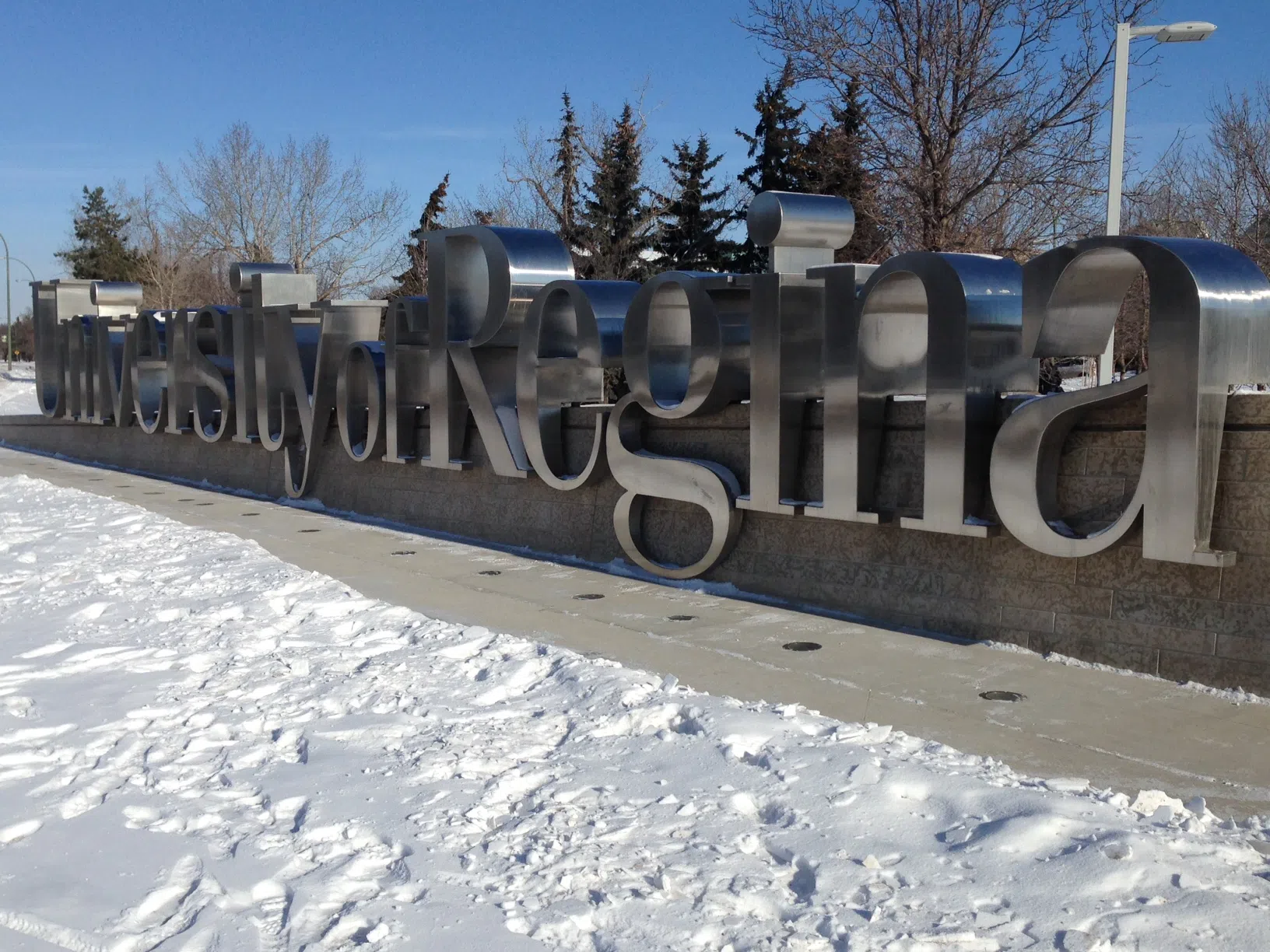
University of Regina, students to face challenges within new budget
Universities in Saskatchewan are going to be pinching pennies again after getting a one per cent funding increase from the province when they needed a four per cent increase.
University of Regina president Vianne Timmons admitted one per cent is what she expected to see in the provincial budget, but it still means more tough choices.
“The challenge we have is that our costs are more than one per cent and we’ve also had a huge increase in enrollments over the last five years,” Timmons explained. “We need to find $3 million somewhere to get a balanced budget and so it’s going to be a tough fiscal year for the University of Regina.”
Timmons says the university has cut many corners to find savings over the past several years, but this year it will mean cuts to staff.
“This year it will be positions lost, again we will do our best to do as many as possible through attrition, but we have no choice we are now down to positions themselves that we will have to reduce,” she said.
Timmons said the university will try to protect front-line teaching staff, but if they have a faculty opening, it may not be filled and that could mean larger class sizes.
Finding a balanced budget also means another tuition hike for students. Devon Peters is the president of the University of Regina Students Union, and says students are starting to wonder when all of these measures will stop.
“When there’s a multimillion-dollar shortfall from the province, then the result is that there’s only really one way to make that money up, and that money comes out of the pockets of students,” he said.
Peters says the public seems to assume that students have been in the same position for decades.
“We have this narrative in our heads where students haven’t really changed much, where everyone starts from nothing at 25 after they finish their education and that’s been true since the 60s,” he said. “But the fact is that today students are starting with less than nothing, they’re starting with $20,000 or $30,000 in debt.”
Timmons maintains that the University of Regina strives to maintain one of the lowest tuition rates in the country. Peters wonders if that might change. He says tuition hikes combined with the changes to the Grad Retention Program could mean some students choose to go out of province to find cheaper education or a city with higher earning potential.
The campus is still buzzing with talk about the changes to the graduate retention program. Now instead of getting a guaranteed rebate, the tax credit is non-refundable and based on the taxes you pay according to your income. It has also been extended over 10 years so graduates have an opportunity to collect the full amount if they earn more in later years.
Peters said he started getting messages from concerned students immediately after the announcement.
“One of the first messages I got was from a number of grad students,” he said. “You see graduate students use the graduate retention program – the refundable portion of it – as a significant portion of their income for the year because a lot of the time their graduate studies prevent them from taking full-time workloads.”
He also speculates that some new graduates might choose to leave the province in the first few years when their earning potential may not be high enough to guarantee the benefit of the tax credit.
For her part, Timmons does not expect to see a big difference in the number of graduates staying in the province. She noted that the change to spread the tax credit over 10 years may be more appealing to graduates.
news@panow.com
On Twitter: @princealbertnow


